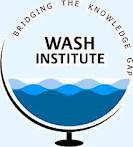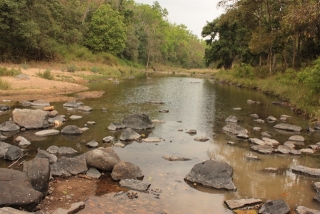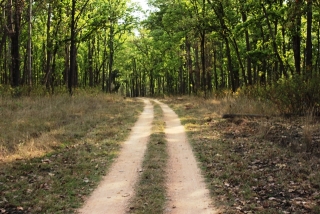/regions/political
Political
WASH Institute invites application for one year PG Diploma in Environmental Santiation Science, Kodaikanal
Posted on 02 May, 2012 01:42 PM
"Excreta Matters" - A profile of the water and sewage situation in 71 Indian cities - A report by the Centre for Science and Environment
Posted on 02 May, 2012 12:24 PMGuset post: Amita Bhaduri

Source: Excreta Matters, Centre for Science and Environment, 2012
Workshop in Mumbai, India Against Corruption, SANDRP, on May 4, 2012, Mumbai
Posted on 01 May, 2012 09:26 AMOrganiser: India Against Corruption, South Asia Network on Dams, Rivers, & People (SANDRP)
Venue: Karnataka Sangh Hall,
Vishweshwaraya Smarak Mandir,
Moghul lane, Station Road,
Matunga West,
Mumbai -400016
People in National capital territory of Delhi are far away from safe drinking water: Role of governance and civil society
Posted on 30 Apr, 2012 09:56 PMAdaptive sustainable agriculture: Crop system intensification in Andhra Pradesh
Posted on 30 Apr, 2012 07:01 PMWOTR has been extensively promoting sustainable agriculture practices as part of its adaptive sustainable development approach. The objective is to promote low external inputs, increase land productivity, use of indigenous seeds, and reduce cost of cultivation.
Physicochemical assessment of water quality with respect to remote sensing and GIS techniques - Paper published in the journal Advances in Pure and Applied Chemistry
Posted on 30 Apr, 2012 12:43 PMThe paper informs that current techniques normally used in the country for monitoring and assessment of the quality of water bodies involve in situ measurement and/or the collection of water samples for subsequent laboratory analysis of the chemical, physical and biological characteristics of water.
The original Jungle Book: A visit to Kanha National Park, Madhya Pradesh
Posted on 28 Apr, 2012 12:37 AM

Kanha National Park, Madhya Pradesh
3-days training programme on Citywide Sanitation Planning (CSP) May 29 -31, 2012, CDD Society, Bangalore
Posted on 27 Apr, 2012 05:30 PMOrganiser: Consortium for DEWATS Dissemination (CDD) Society
Venue: Centre for Advanced Sanitation Solutions (CASS),
Survey No. 205 (Opp. Beedi Workers Colony),
Kommaghatta Road,
Bandemath,
Kengeri Satellite Town,
Bangalore-560060
Draft National Water Policy 2012 and mainstreaming climate change adaptation
Posted on 27 Apr, 2012 01:58 PMClimate change issue is being loudly debated on international level to reduce emission of various gases, and each nation’s responsibility to control the emission.
Treating waste water using natural substances: Sol gel immobilization of humic and fulvic acids using microfibrillated cellulose
Posted on 27 Apr, 2012 01:49 PMHumic acids and fulvic acids - Sol gel immobilization
Humic acids and fulvic acids have been known to remove heavy metals, toxins, viruses and other inorganic matter and convert them to organic matter. These acids can be obtained from dried cowdung by mild alkaline treatment and filtration.